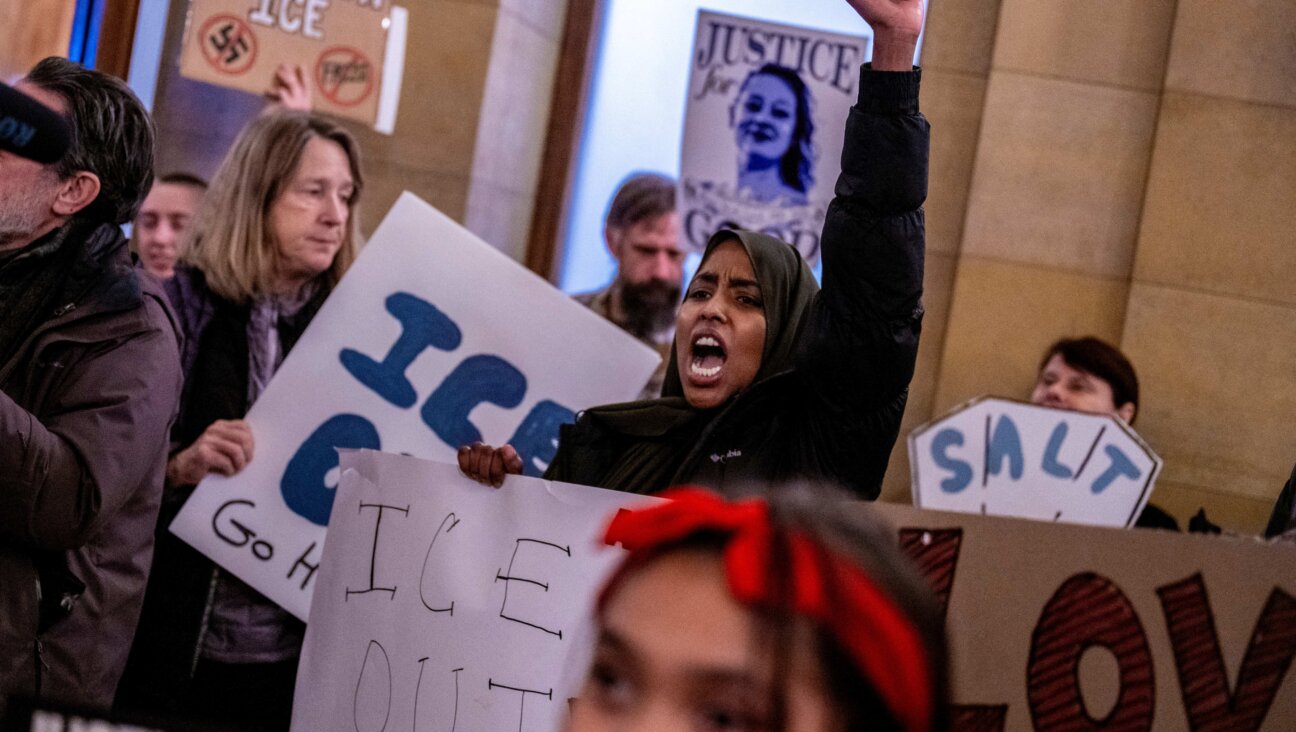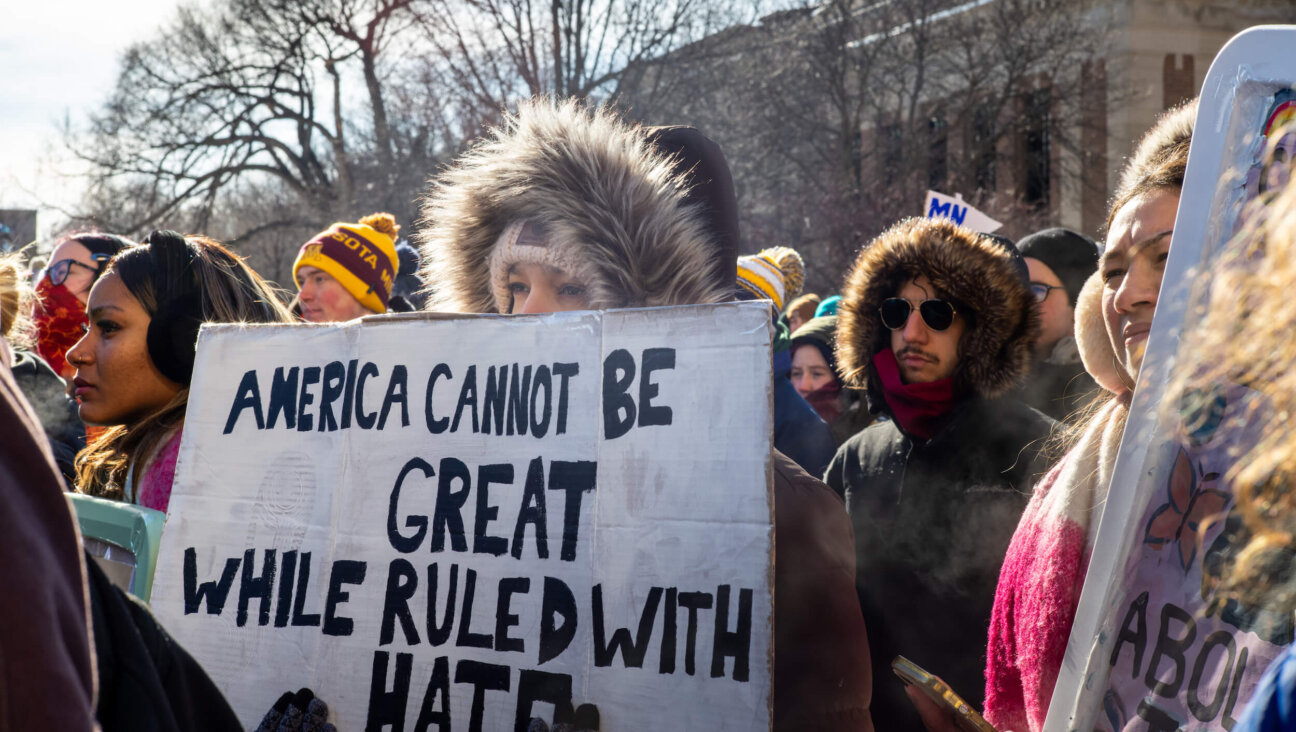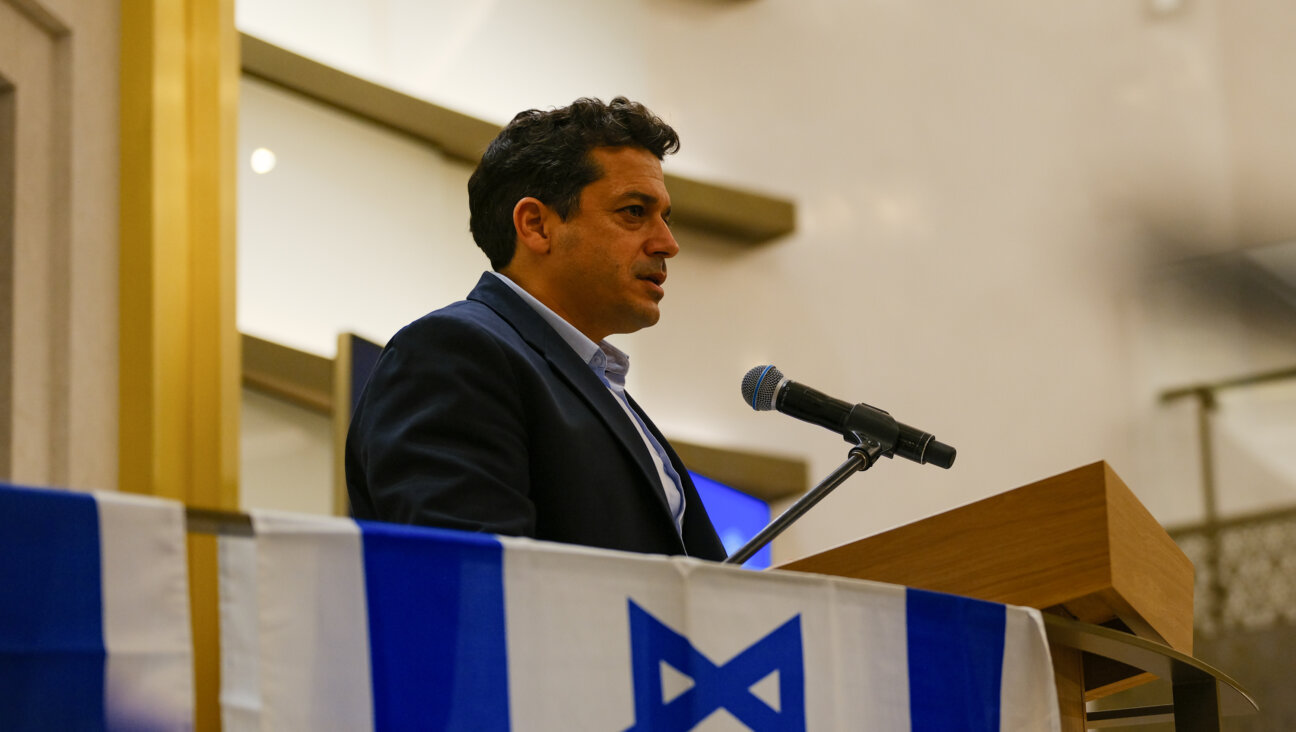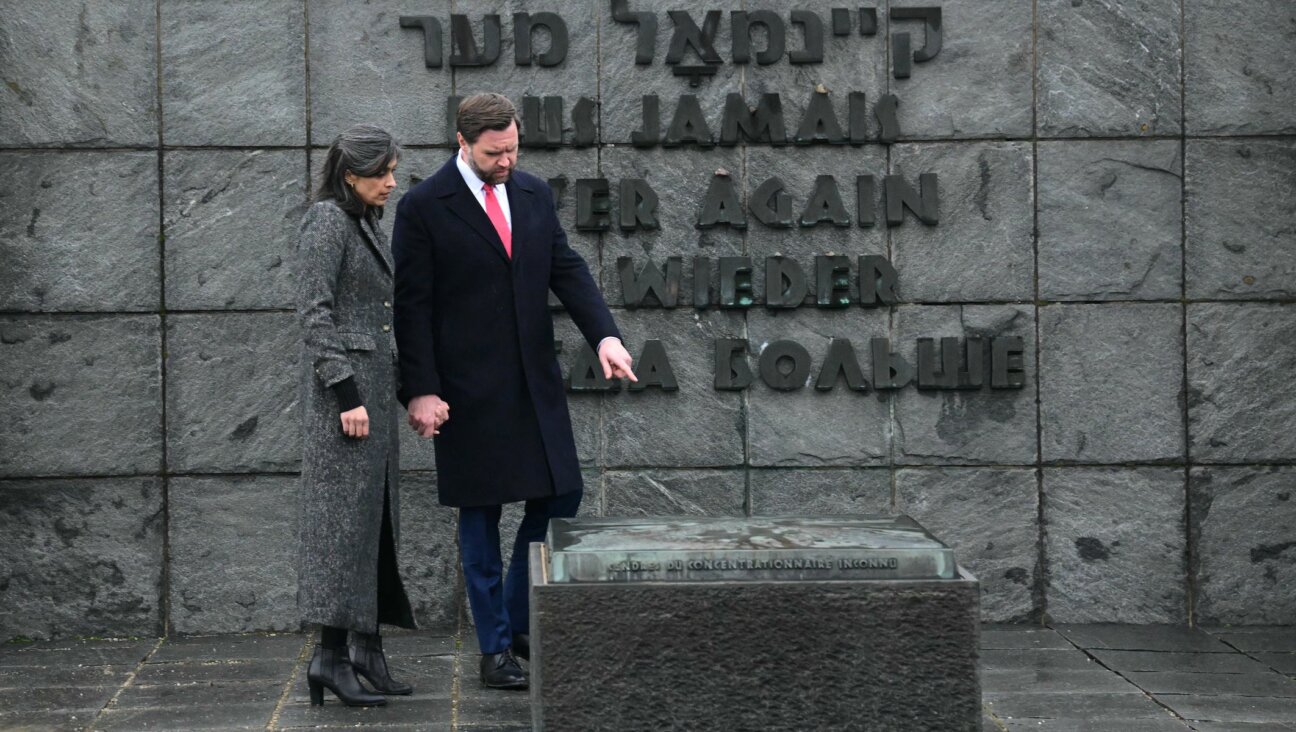What Orthodox Realignment?
‘Political realignment,” as defined by the great political scientist V.O. Key, is when a group of voters “permanently change political loyalties.”
From Nixon’s Harry Dent to Bush’s Karl Rove, Republican strategists have long dreamt of a realignment that would restore Republicans to the national majority they enjoyed before the rise of Franklin Roosevelt’s New Deal coalition. To this end, the GOP has doggedly wooed — with considerable success — Southern whites, northern Catholics and other once solidly Democratic constituencies. Of all the components of the Roosevelt coalition that the Republicans have sought to win over, however, none has proven as elusive as Jewish voters.
Every four years, we hear confident predictions (often backed by sizable campaign expenditures) that the pattern of Jews voting overwhelmingly Democratic is coming to an end. And yet, the best available data suggest the exact opposite: Over the past two decades, Jews actually have been far less likely to vote Republican on the presidential, congressional and local levels than they were between the years 1972 and 1984.
The failure of Jews to realign has lately led to the more modest prediction that the long-promised realignment is well underway but is limited to the Orthodox community. Orthodox Jews, we are told, are socially conservative and put Israel and “Jewish interests” first.
The problem with this proposition is that it confuses realignment with sophisticated ticket-splitting and misreads an occasional willingness to vote for select Republicans on the very top of the federal ticket as a permanent shift in party loyalties.
The Orthodox Union’s Institute for Public Affairs studied select “Orthodox election districts” in several states in the 2000 and 2004 and found that President Bush more than doubled his share of the Orthodox vote between elections. But, at the same time, the Democratic share for the local and congressional candidates in these same districts stayed stable or actually increased. Indeed, in 2004, Democratic Senator Chuck Schumer did proportionally better in almost every Orthodox neighborhood in New York State than fellow Democrat Pat Moynihan had ever done — even as George W. Bush was sweeping these communities.
As an unrepentant former national vice chairman of Democrats for Nixon, I know quite a bit about ticket-splitting and have always tried to cast my ballot according to Lord Palmerston’s dictum that “Her Majesty’s government has no permanent friends and no permanent enemies — only permanent interests.” Our community has tended to judge candidates individually and vote based upon our interests.
And what are these interests?
The revered head of Cleveland’s Telshe yeshiva, the late Rabbi Mordechai Gifter, once observed that “our first priority is preserving our freedoms and privileges in this great country and remembering that freedoms and privileges are indivisible and we can’t demand them for ourselves if they are being denied to others.”
While we may appreciate the Christian right’s strong support for Israel, Orthodox Jews hardly share its larger political agenda (which now dictates so much of the GOP’s platform). Teaching “intelligent design” in public schools, slashing federal spending, fighting stem-cell research, cutting health-care assistance to large families and ending gun control are hardly hot-button issues in the Orthodox community. Even opposition to abortion rights and gay marriage, the twin lodestars of the religious right, have simply never translated into votes in the Orthodox community. Are many Orthodox Jews comfortable with the Republican Party platform’s call for an absolute ban on abortion? Or with the promise to end all federal earmarks, which are so crucial to our communities’ and institutions’ continued survival? Or with the taxing of health-care benefits to help pay for upper-class tax cuts?
Orthodox Jews are hardly monolithic, and our votes are not delivered by any single group or set of leaders. And we are not easily fooled twice. Promises to move the American embassy to Jerusalem on “day one” or promises of school vouchers that never seem to materialize will only work so many times.
Of course, Israel matters. It matters a lot. And the more Jews in each party perceive their own candidate as being vulnerable on this issue, the more they will try to present the other party’s choice as being bad for Israel. Expect a lot of that from both sides this fall.
A year ago, most of us were lined up behind either Hillary Clinton or Rudy Giuliani (unless one happened to live in Chicago). At the time, Barack Obama was seen as too new, too different and, yes, to some, way too frightening. John McCain was regarded as too erratic, too unpredictable and too fond of Jim Baker. And now they are the nominees.
Hakarat Hatov — appreciation for friendship and loyalty — plays a big role in explaining Orthodox Jewish voting patterns. From George W. Bush to Hillary Clinton, from New York’s Al D’Amato to Ohio’s Michael DeWine, candidates who did poorly in the Orthodox vote when they first ran did far, far better when they ran as incumbents with a proven record. We reward our friends from either party and will do so again this year — as soon as we figure out who our friends are.
David Luchins is chairman of the political science department at Touro College. He served on the staff of Senator Daniel Patrick Moynihan from 1981 to 2001.
As the race for the White House continues, the Forward presents the views of policy makers, opinion-shapers, and even a politician or two in a non-partisan forum offering a balanced range of opinion. The views expressed are not endorsed by the Forward, which does not support or oppose candidates for public office. This series is intended to help our readers resolve the quadrennial November Dilemma as America chooses its next president.
















